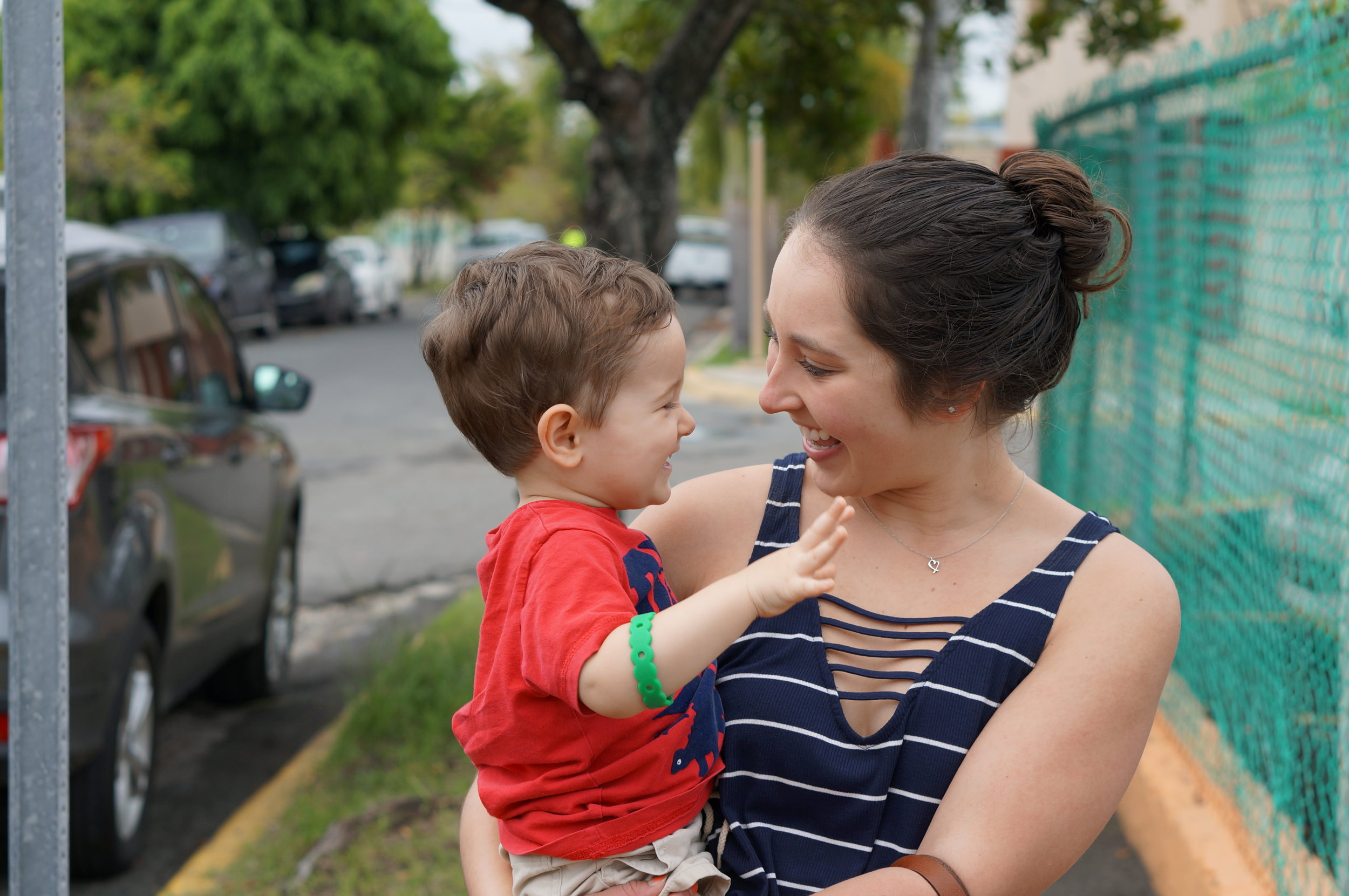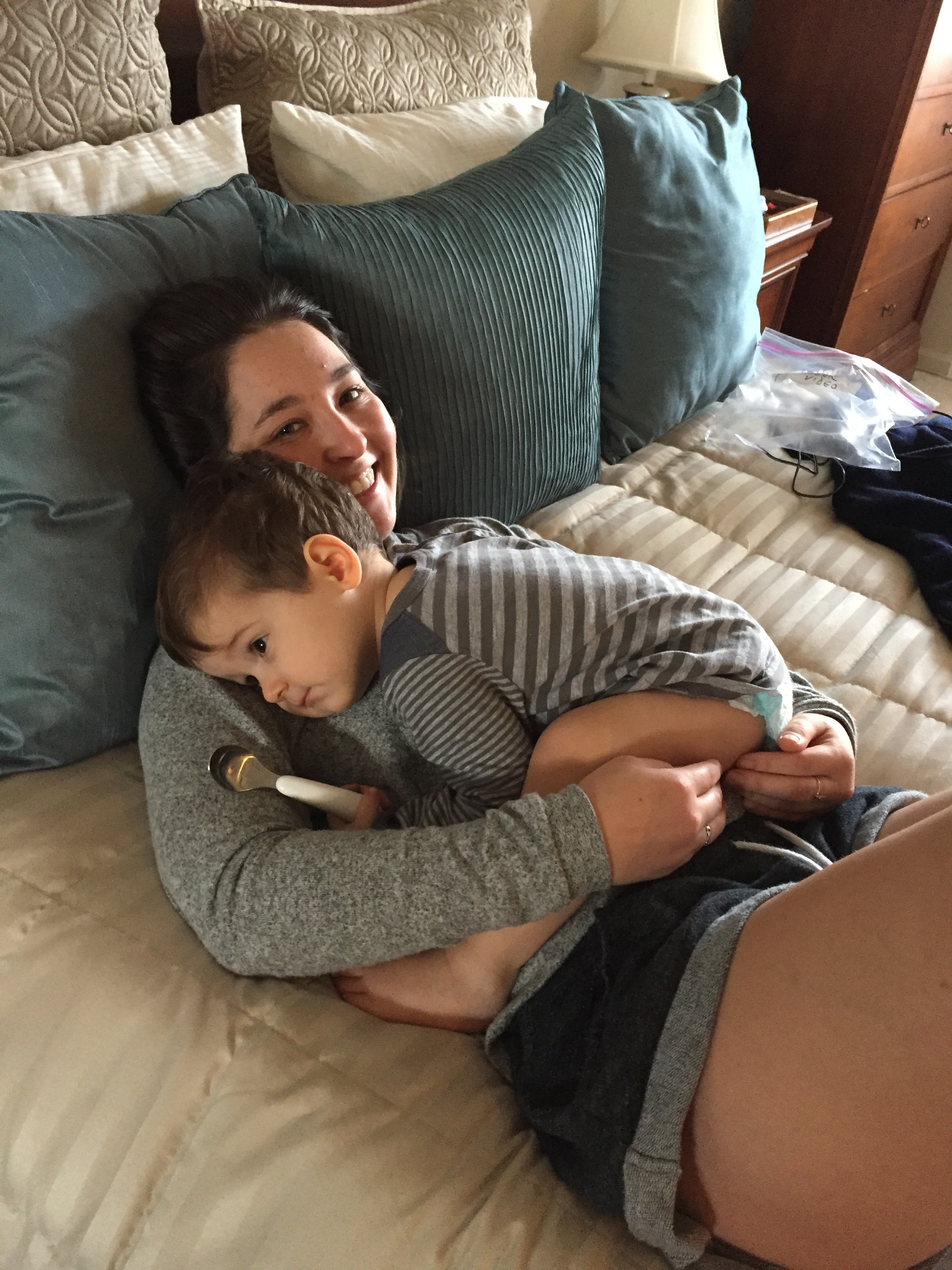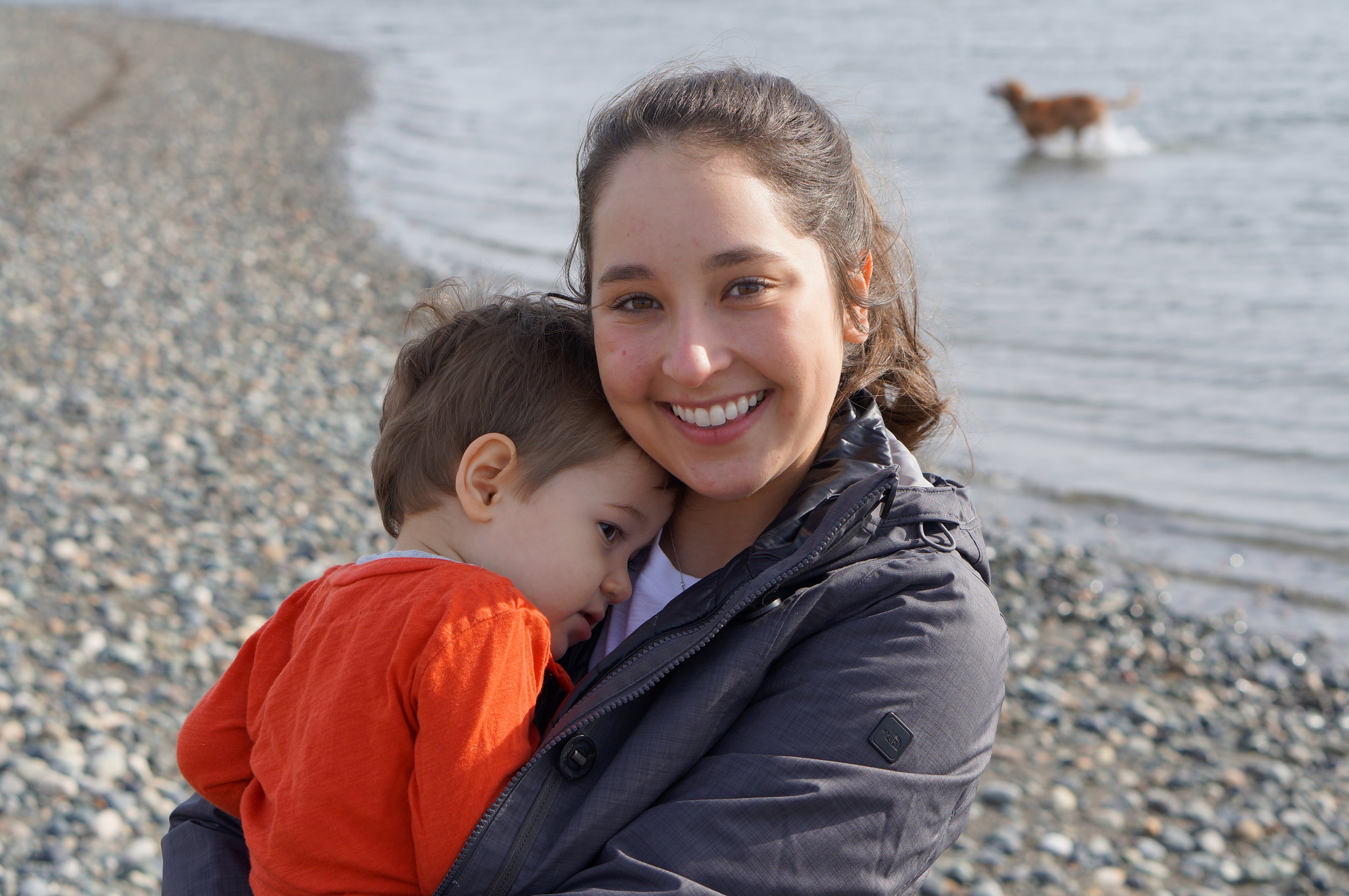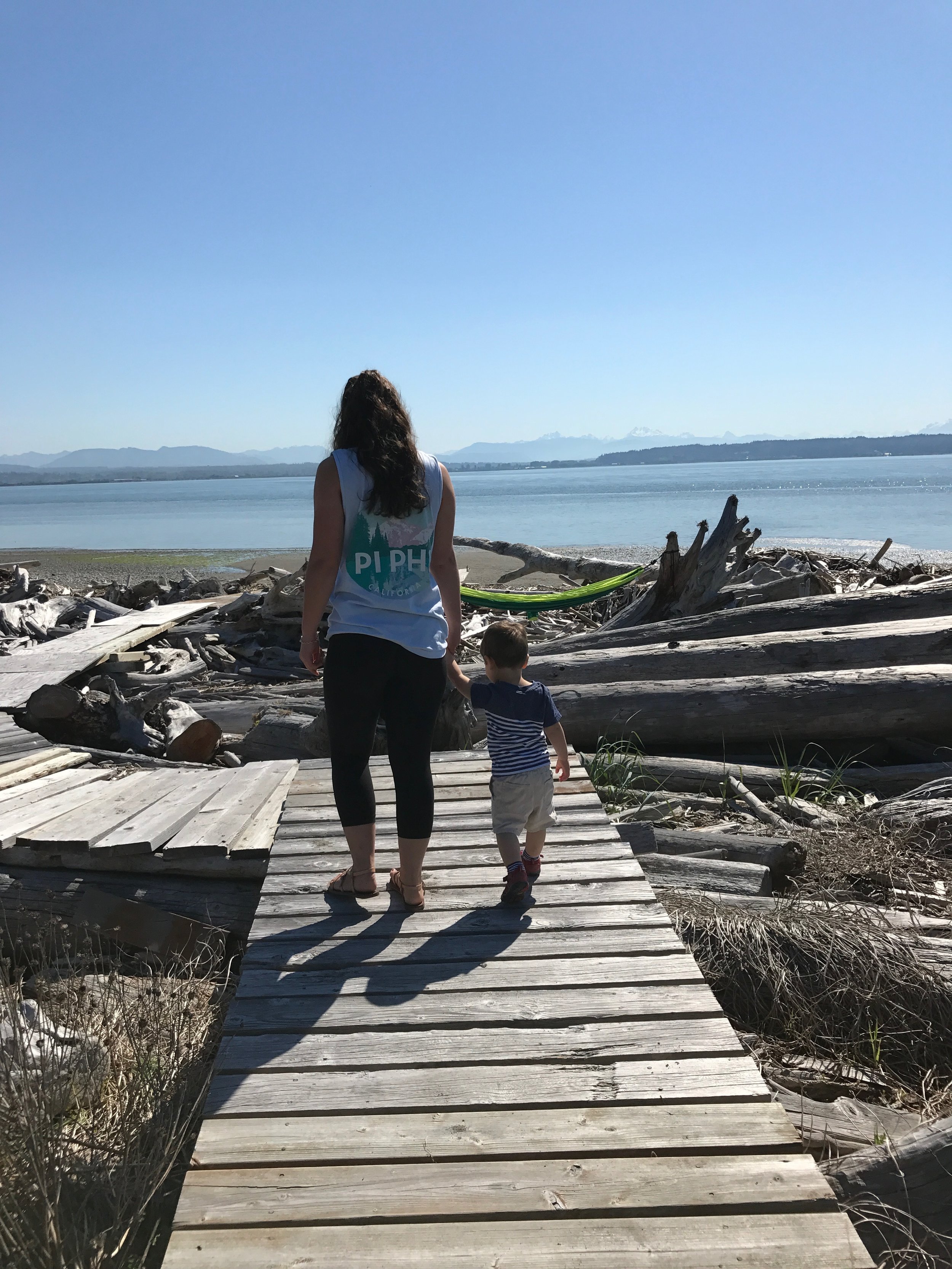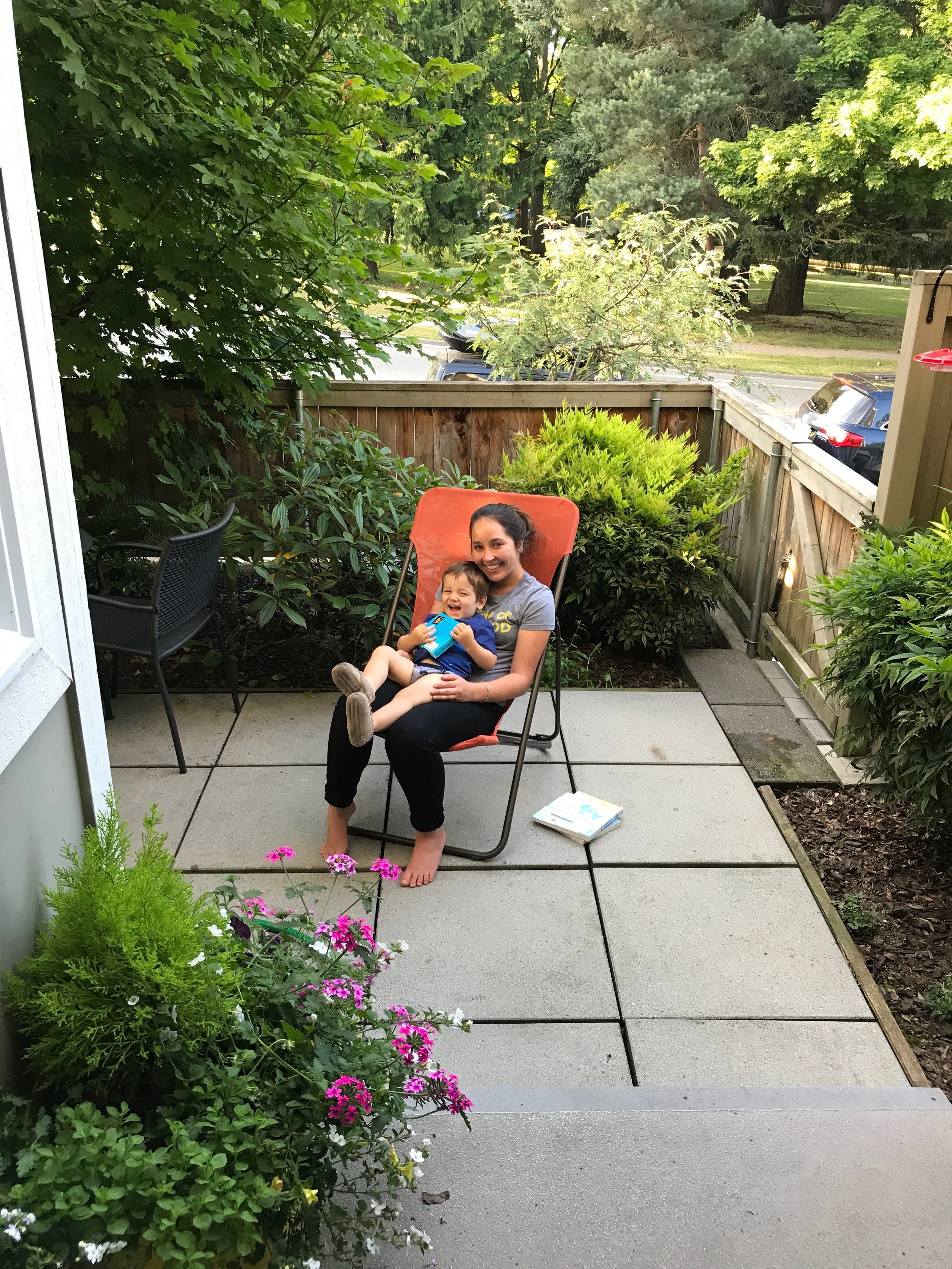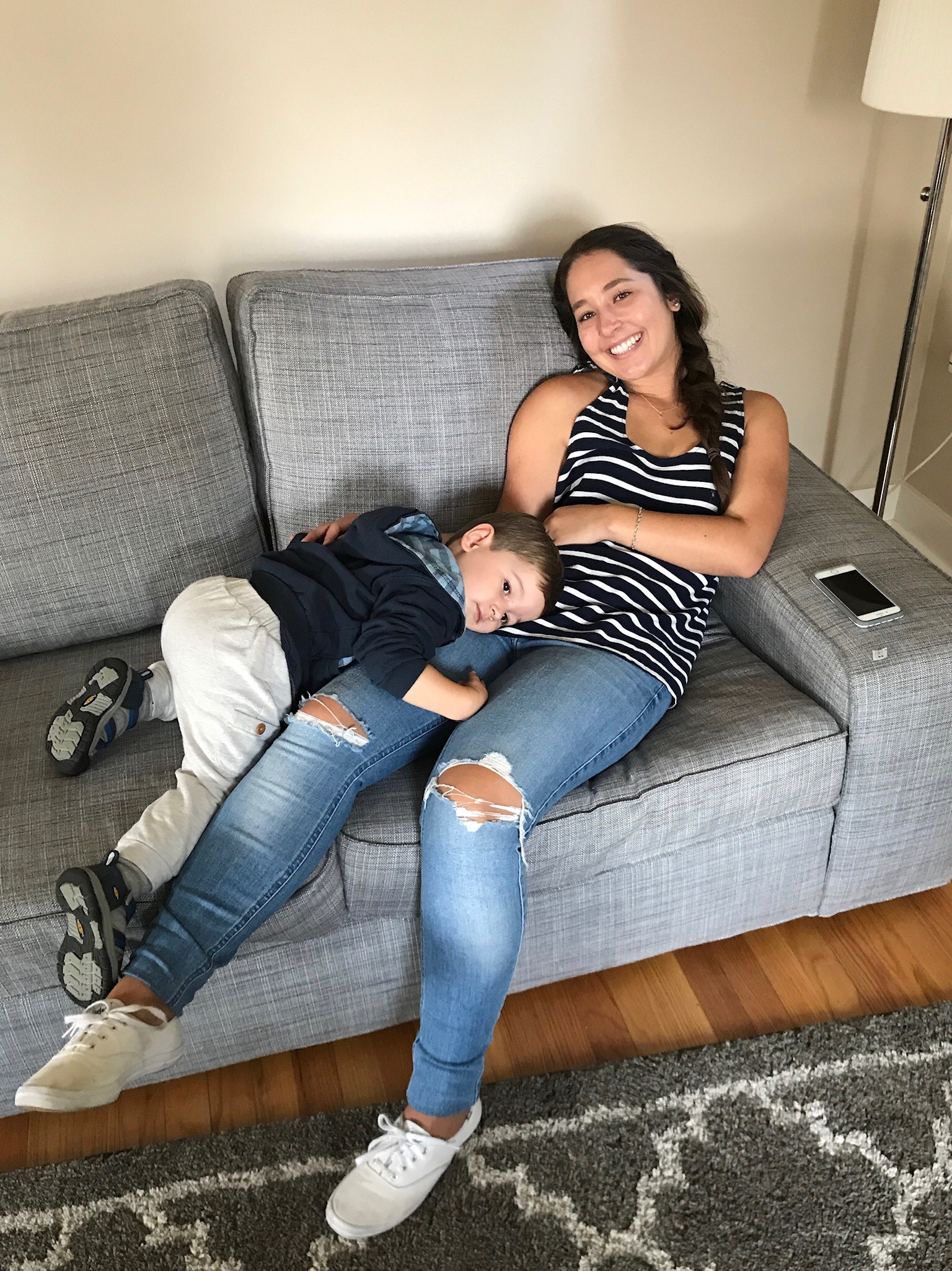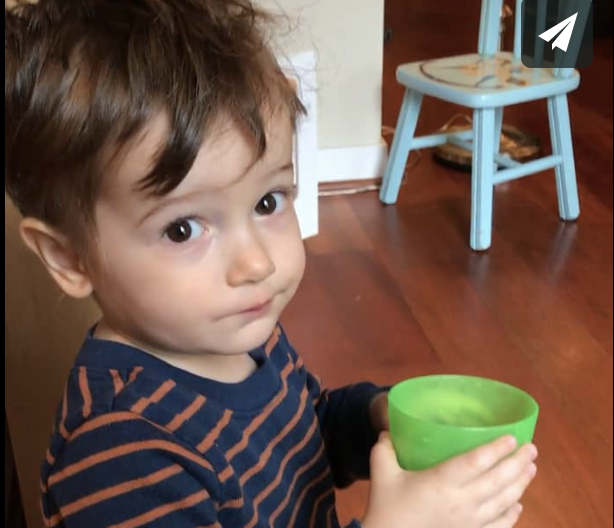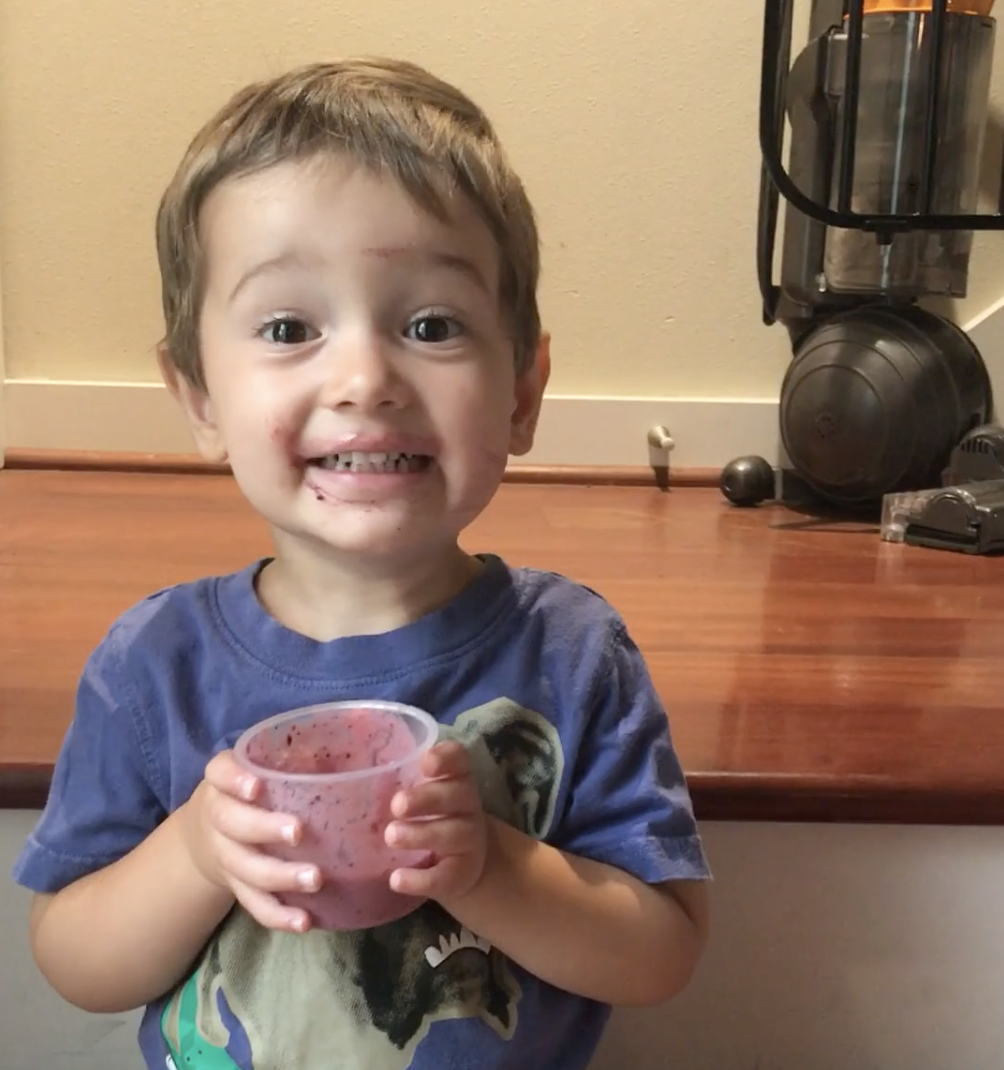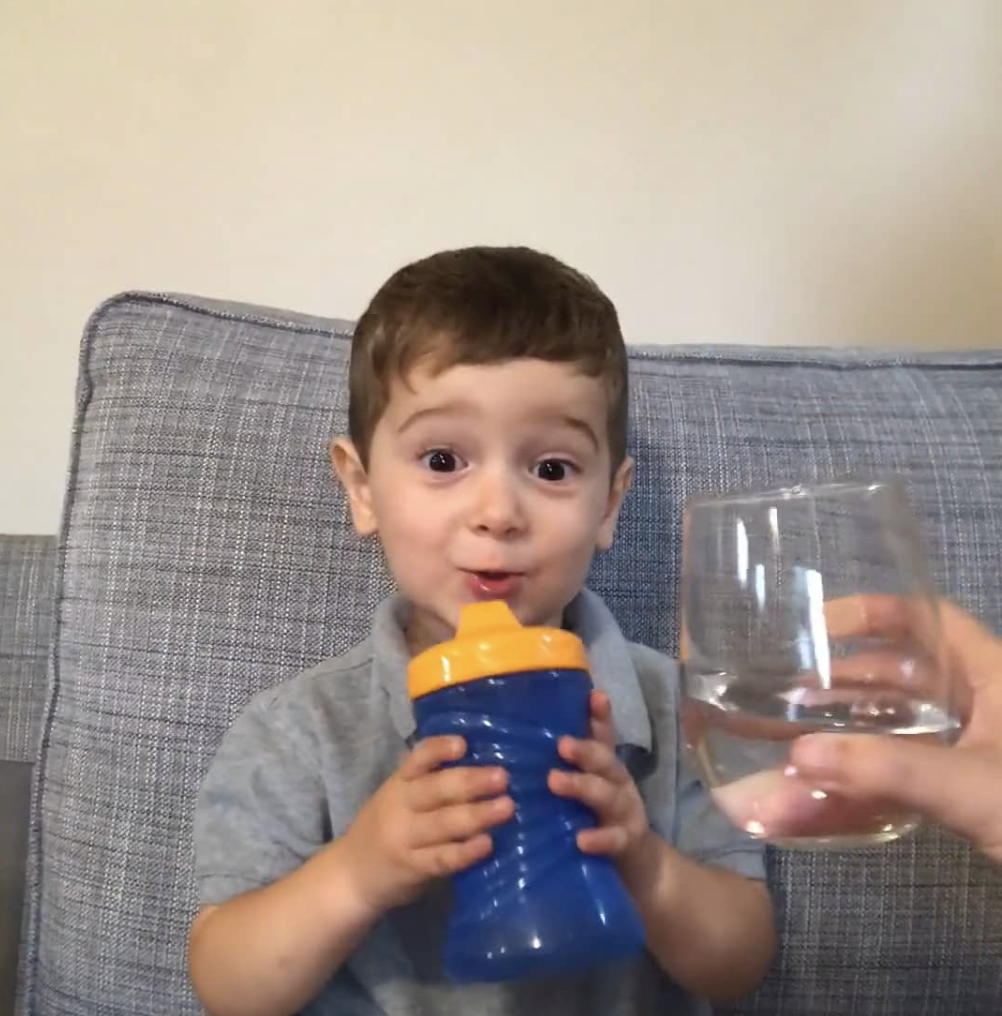Functioning and Grieving
About a month after Jackson died, I talked to a mother who several years ago delivered a full term stillborn baby. She was a friend-of-a-friend, someone I’d heard about but never met before. Yet she he was the only person who I felt could remotely “get it”, the only person I could imagine talking to who wouldn’t say “I can’t imagine.”
We talked for over an hour. Perfect strangers and yet completely bonded over the most horrific thing I could ever expect to share in common with someone. Our stories were different in some ways, but fundamentally the same. We were both high-achieving planners who had carefully crafted our lives – career, husband, family – and were living in our prime when it all came crashing down in an instant. Both of us lost our children suddenly and unexpectedly, through no fault of our own, and for no identifiable reason.
Furthermore, we had both blamed ourselves in the absence of an explanation. We had both wished we’d done things differently, even though we traced and retraced each step (and walked backwards and traced it again) and knew we had done things “right”; she did her kick counts and I put my sub-fever child to sleep in a safe room after a bit of dinner and ibuprofen. Both of us would have been crazy to show up to an ER, and yet we both wish we had. Both of us felt angry at other parents who weren’t as careful and yet still had growing, thriving children. We had thought ourselves “untouchable”, only to find ourselves slapped in the face by the worst tragedy. This perfect stranger knew the most intimate details of my experience – not from hearing my story, but because it was also her story.
A lot of this phone call resonated at the time, but even more of it resonates now. One thing she said has particularly made increasing sense to me over this year: “I wouldn’t say I’m a ‘happy’ person. I wonder if others can see how deeply I’ve changed. I’m sure to most people I appear to be high-functioning and back to my normal self.”
Ask anyone in my life – family, friends, students, clients – and they will probably tell you I am pretty high-functioning. I went back to teaching two weeks after Jackson died, back to my research one month after that, and back to clinical work one more month after that. And it’s all going well – very well, actually. I took it easy at first, balancing self-care with a need for scheduled activities and participating in meaningful work. After three months of meal train we are not only back to cooking but are hosting gatherings in our home. We shower and get dressed every day, are productive at work, feed ourselves, keep a clean house, take care of Stella, and even keep up with things like timely birthday cards. By any measure, we are functioning more than well.
But I wouldn’t say I am a happy person. And I would not say that I’m back to my normal self.
What is hard to see, and what is not captured on my social media accounts, is the silent and invisible struggle we face each day, many times a day. The slow and steady drip of grief is always in the background of every smile, every functional act. In addition to smiling regularly we also cry regularly. I wake up each morning to an indescribable flatness. I walk about my day without that skip in my step. I park the car when I get home and just sit there for a moment, gathering the strength to get up and get out. I lie in bed each night feeling hungry for something that I simply cannot find. I hunger for Jackson.
Although I am immensely grateful for my ability to function so well (and the crucial social support that has allowed this), I also know that it sends an overly simplified message to the outside world: “She’s doing fine”. But it’s the in-between moments that continue to gut me; all the stuff that happens between the feel-good gardening, fundraising, internship matching, tattoos, traveling, and kindness acts. My Instagram feed reads: “Look how well she is coping with her loss and doing meaningful things to honor Jackson.” Although this isn’t false, it also leaves out the chronic aching in my heart and the dozens and dozens of daily stings.
A couple years ago, long before this phone call, long before losing Jackson, I remember learning that this very same mom who lost her stillborn baby gave birth to a new child. I remember thinking “Thank goodness! She finally got her baby.” I felt uncomplicated joy and relief for this friend-of-a friend. What I now know and understand is that nothing can erase the tragedy of losing that child, not even the joy of this child. And what I wonder if others understand is the degree of my brokenness and emptiness even though I can smile and laugh and function and live. No superglue will ever be able to cleanly mend what has been so permanently shattered. We continue to pick up the pieces and glue ourselves together, but even the most careful repair job shows the lines of trauma and loss. To an observer these lines are subtle and easy to miss, especially from afar. Even those who care to look closely may see the lines but fail to grasp their significance. Looking back at my ability to empathize with child loss before-and-after losing Jackson, I remain convinced that the frequency and intensity of this pain is impossible to describe and equally impossible to understand secondhand. I accept the solitude that this brings.
Although “I can’t imagines” generate pangs of solitude, they also convey respect for an unrelatable experience. And just as it’s hard to understand the depth of the loss, it’s hard to understand the complexity of the recovery. Just as I accidentally projected my own relief onto my friend-of-a-friend, I know that others project their relief onto me. People who love us are always thirsty for positive signs and seem quick and eager to drop us in the “doing ok” bucket. This is understandable but also unintentionally dichotomizes our recovery. We’re not doing poorly, and we’re not doing great; we’re just “doing” – moving forward and through our lives, and thankfully not stuck. But also forever changed in every way.
As W.S. Merwin puts it, “[His] absence has gone through me like thread through a needle. Everything I do is stitched with its color.” Highly functioning and deeply hurting. All of the time. All at the same time.
